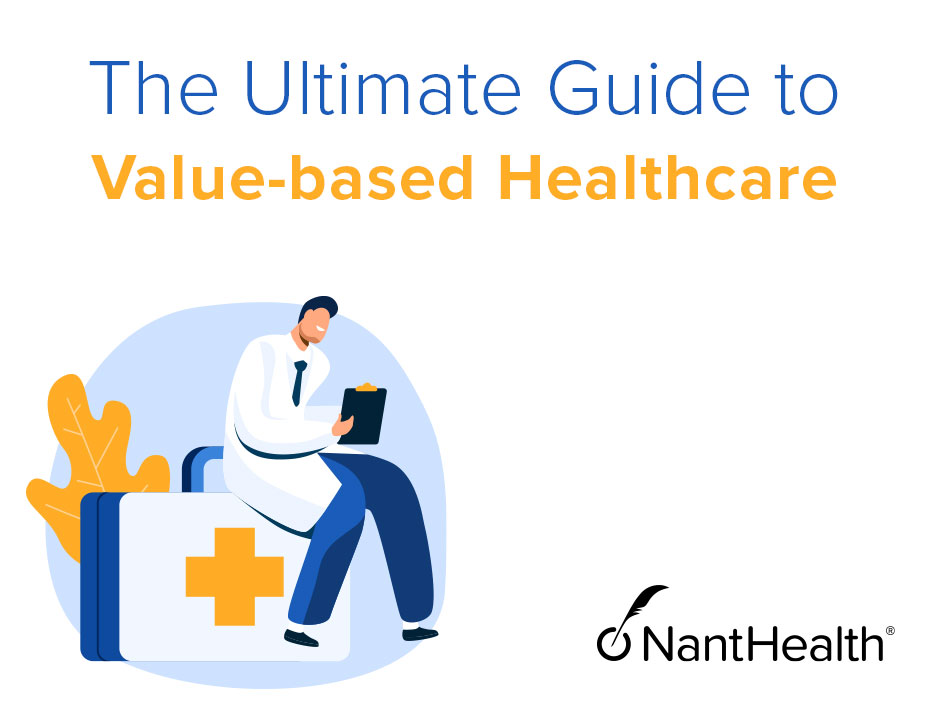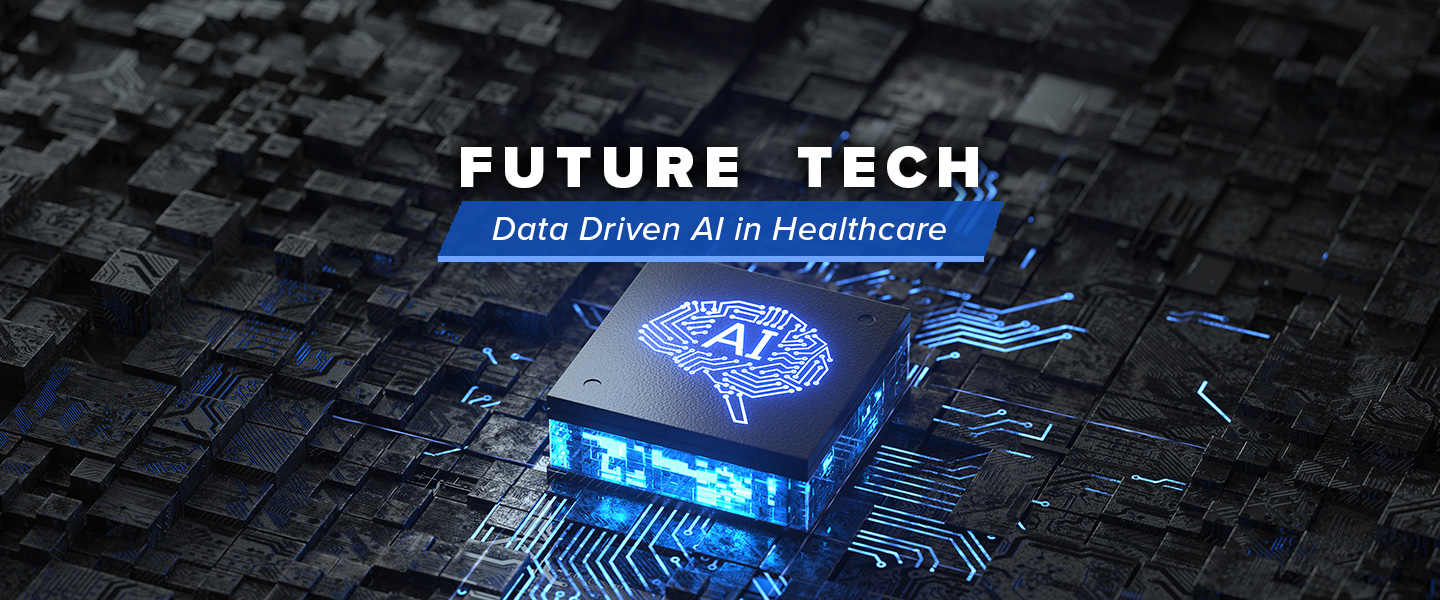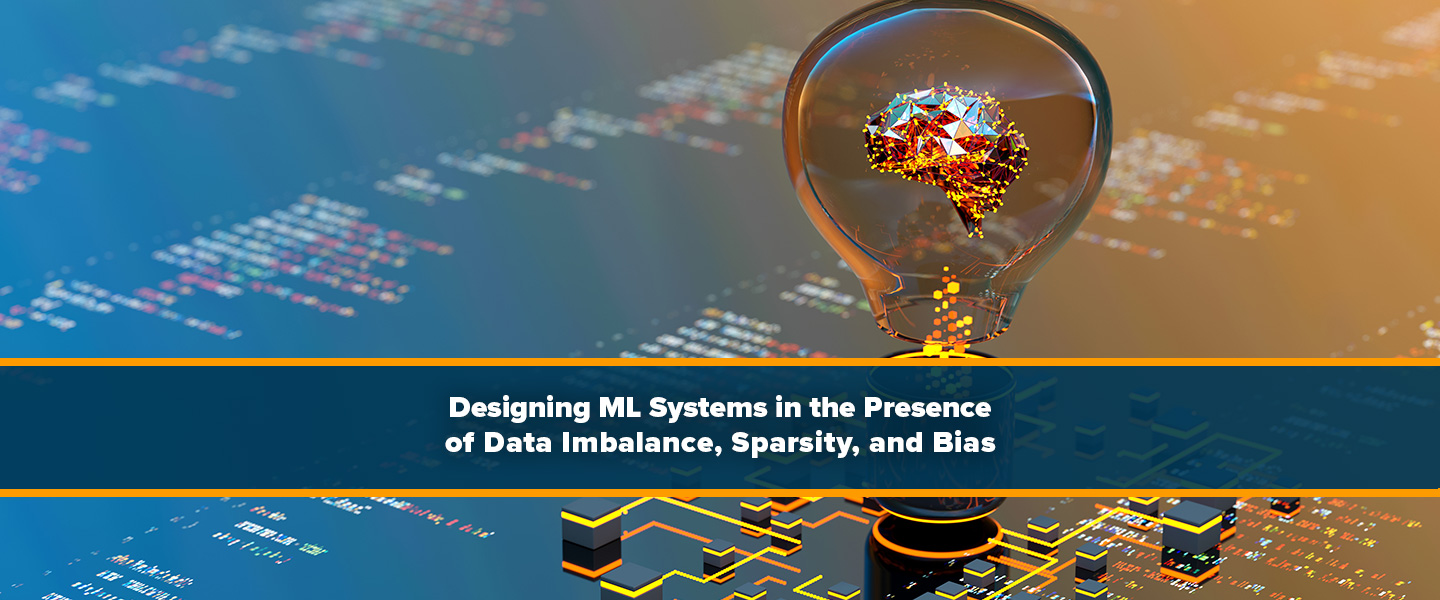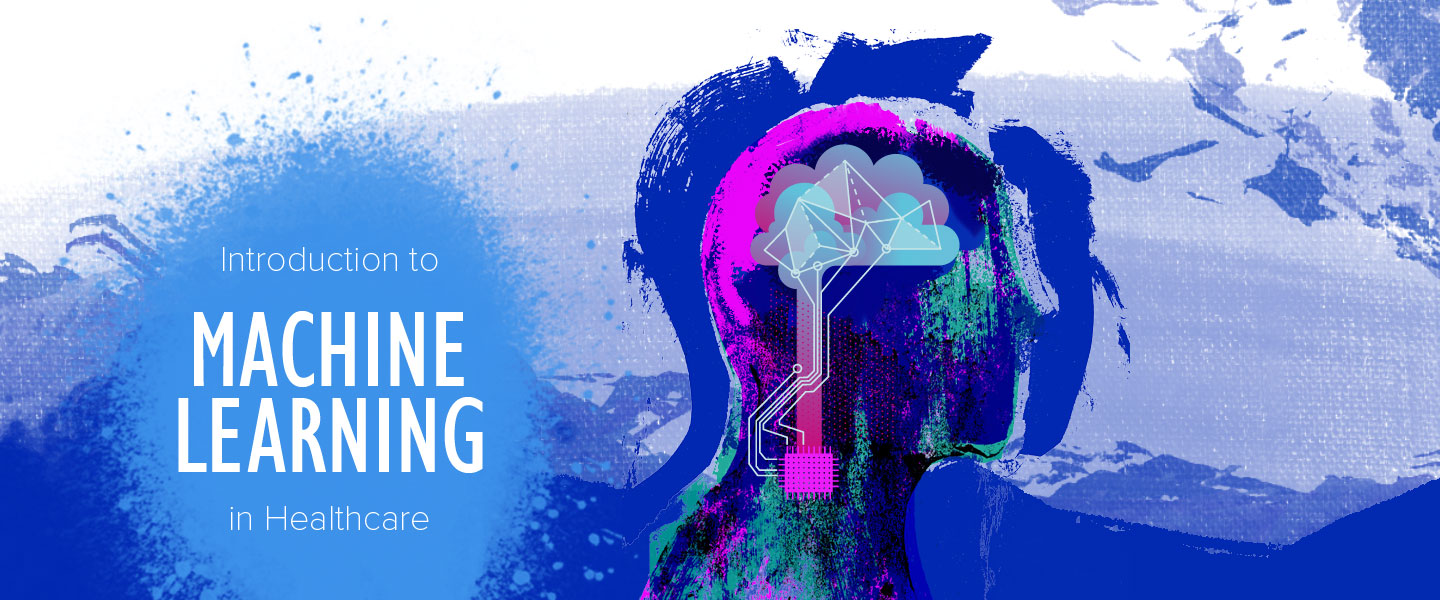Introduction
Artificial intelligence (AI) is transforming the healthcare industry in unprecedented ways, including how healthcare payers manage and deliver care to their patients. One of the most promising forms of AI is Generative AI, which involves the creation of new and unique data using machine learning algorithms. Generative AI has the potential to help health plans optimize their operations, improve the quality of care, and reduce costs.
What is Generative AI?
Generative AI is a subfield of Machine Learning (ML) that involves the creation of new and unique data based on patterns learned from existing data sets. The machine learning algorithm is trained on a dataset and can create new data similar to the original dataset but not identical. This technology is becoming increasingly popular in the healthcare industry as it has the potential to develop new insights and knowledge from the vast amounts of data available.
ChatGPT
Perhaps the most recent example of Generative AI is ChatGPT, a Large Language Model (LLM) created by OpenAI, a San Francisco company. The program uses neural networks to mimic human language processing by being trained on vast amounts of text information from different sources, including books, websites, articles, and others. Because of its modeling, ChatGPT can generate highly realistic text by analyzing patterns and connections with the data used for training.
How Payers Might Use Generative AI and ChatGPT
Generative AI has a wide range of applications in the healthcare industry, and healthcare payers can benefit from the technology in several ways (including reducing costs). Here are four opportunities:
- Customer Support: Health insurance companies can use ChatGPT to provide customer support to their members. ChatGPT can answer frequently asked questions, assist members in navigating the insurance plan, and provide personalized recommendations based on the member’s healthcare needs.
- Fraud Detection: Health insurance companies can use ChatGPT to detect fraudulent claims. ChatGPT can analyze claims data and flag any claims with a high probability of being fraudulent. This can help health insurance companies to save money and prevent fraud.
- Claims Processing: ChatGPT can process claims more efficiently. ChatGPT can analyze the claim data and match it against the policy rules to ensure the claim is valid. This process can help health insurance companies to process claims faster and reduce errors.
- Risk Assessment: ChatGPT can also assess the risk of members developing certain health conditions. For example, NantHealth’s population health platform uses predictive analytics to identify hidden patient risks across various diseases and clinical events. This can help health insurance companies develop personalized healthcare plans for their members and reduce the risk of developing costly health conditions.
Other Examples of AI Use in Healthcare
Besides assisting payers, AI is also currently being used or considered throughout healthcare. For example, researchers at Stanford University developed an AI algorithm that can accurately diagnose skin cancer from images, potentially reducing the need for unnecessary biopsies. Meanwhile, health researchers are studying how ChatGPT can be applied to obstetrics and gynecology, pediatrics, healthcare education, medical writing, radiology, public health, and other disciplines.
In another study, researchers looked at how ChatGPT might act as a better communication tool for patients with diabetes. They explained the potential benefits this way:
Patients may experience anxiety and confusion as they adjust to their new diabetes diagnosis. Some patients could find ChatGPT a handy and approachable method to get information and assistance while figuring out how to manage their disease. For certain people to adequately manage their diabetes, more frequent or intensive assistance may be needed. These patients could access extra information and assistance via ChatGPT, which would help them better manage their conditions. It answers patient questions, enhancing happiness and lowering the need for human care.1
Possible Pitfalls of Using Generative AI and ChatGPT
While Generative AI has the potential to revolutionize healthcare, there are some potential pitfalls. One of the most significant risks revolves around the potential for bias in the data used to train the machine learning algorithms. If the data used to train the algorithms is biased, then the resulting models and predictions will also be biased. Additionally, there is the risk that Generative AI could be used to create fake data (often called hallucinations) or manipulate existing data, which could have serious ethical implications. On the clinical side, despite progress made in the past year, Generative AI still has a long way to go before being able to diagnose health conditions accurately and being used by physicians.
Future Considerations for Payers and Generative AI
Despite these risks, the potential benefits of Generative AI are too significant to ignore, and health plans should carefully consider how to incorporate the technology into their operations. In the future, we can expect to see Generative AI used in even more innovative ways, especially as companies find new opportunities to solve pressing healthcare problems.
Conclusion – The Future is Now
Generative AI has the potential to revolutionize the way healthcare payers manage and deliver care to their patients. Generative AI can help payers optimize their operations, improve patient outcomes, and reduce costs by creating new and unique data based on existing datasets. However, there are some potential risks to be aware of, including bias in the data used to train machine learning algorithms and the potential for ethical concerns. Despite these risks, the future of Generative AI in healthcare is bright, and we can expect to see even more exciting applications in the future.
References
1Mohd Javaid, Abid Haleem, Ravi Pratap Singh, ChatGPT for healthcare services: An emerging stage for an innovative perspective, BenchCouncil Transactions on Benchmarks, Standards, and Evaluations, 2023, 100105, ISSN 2772-4859








